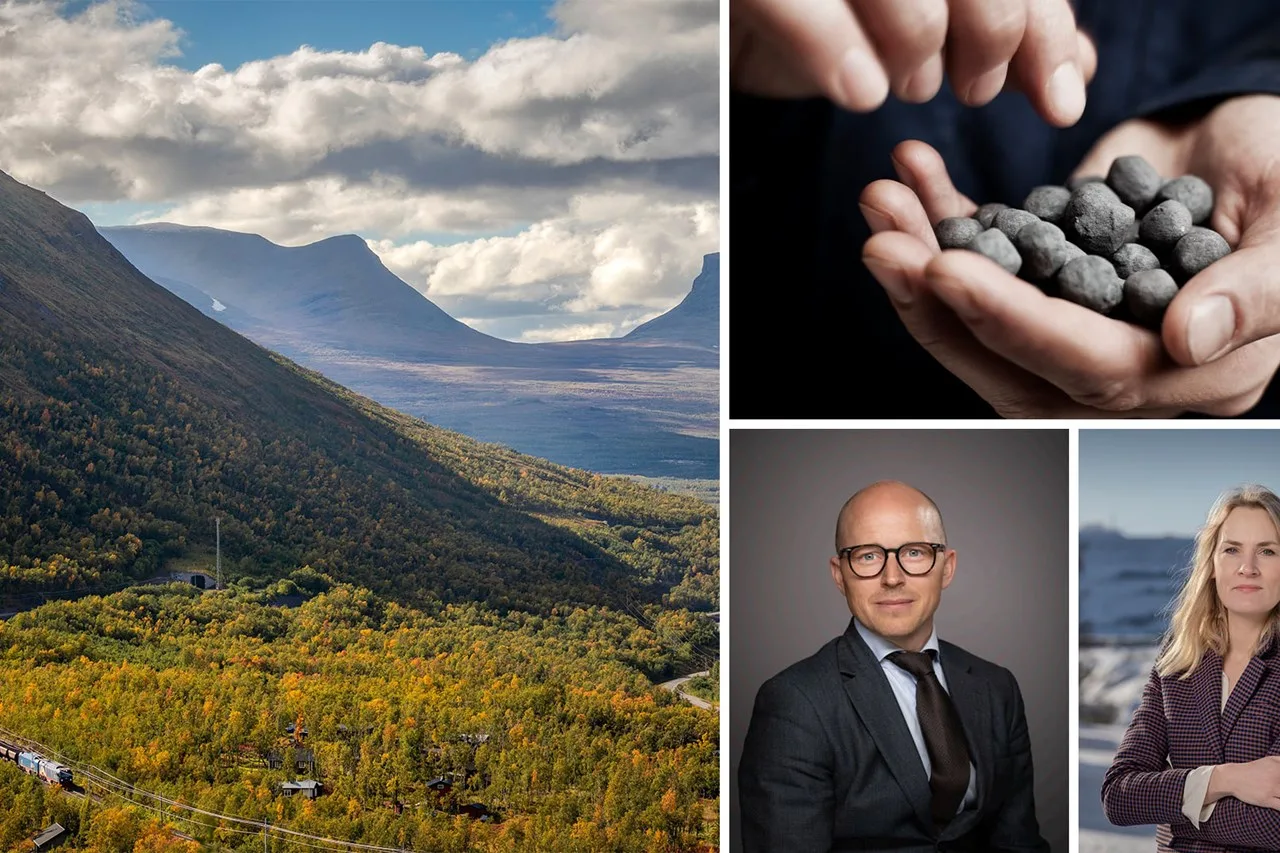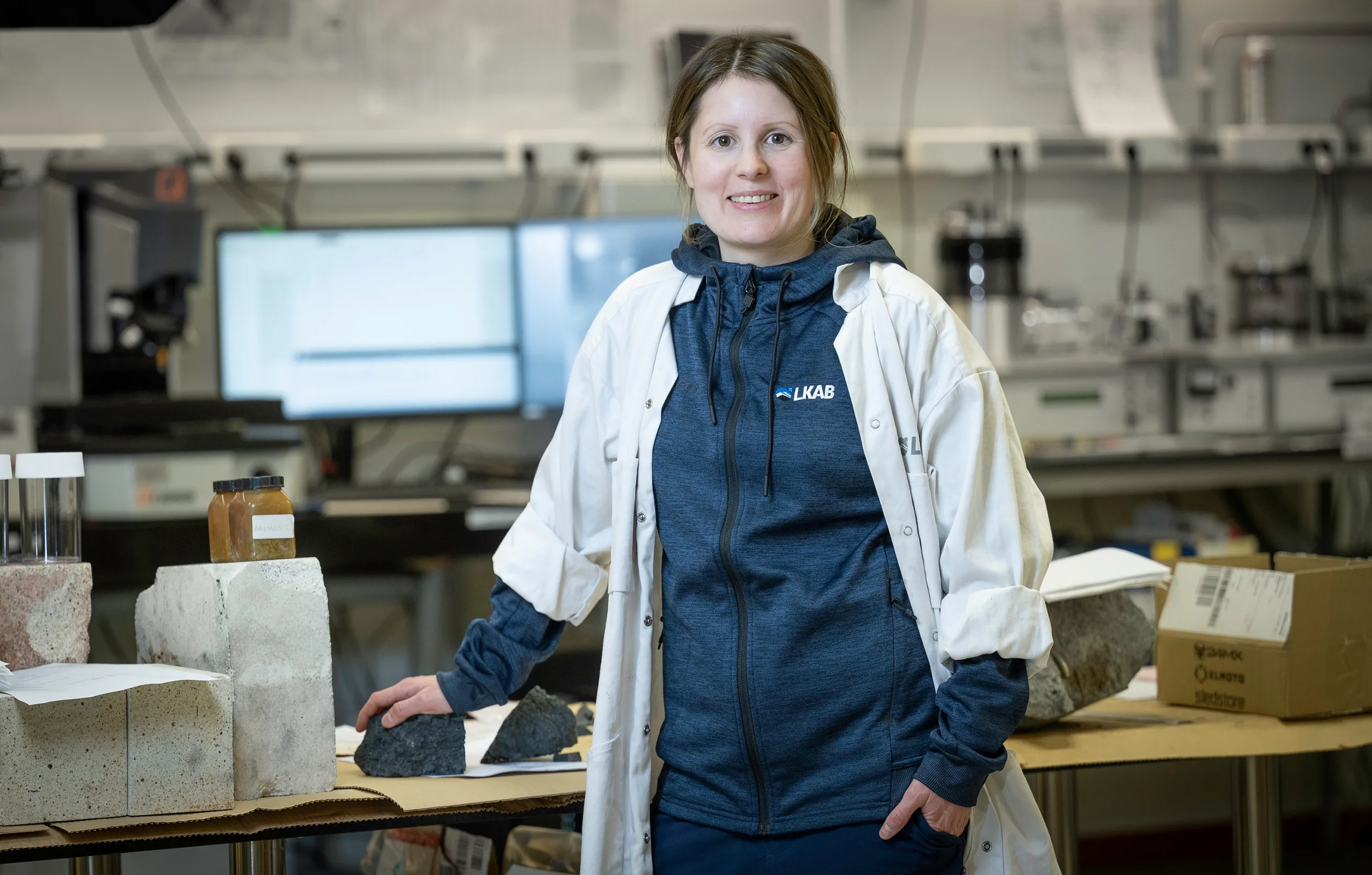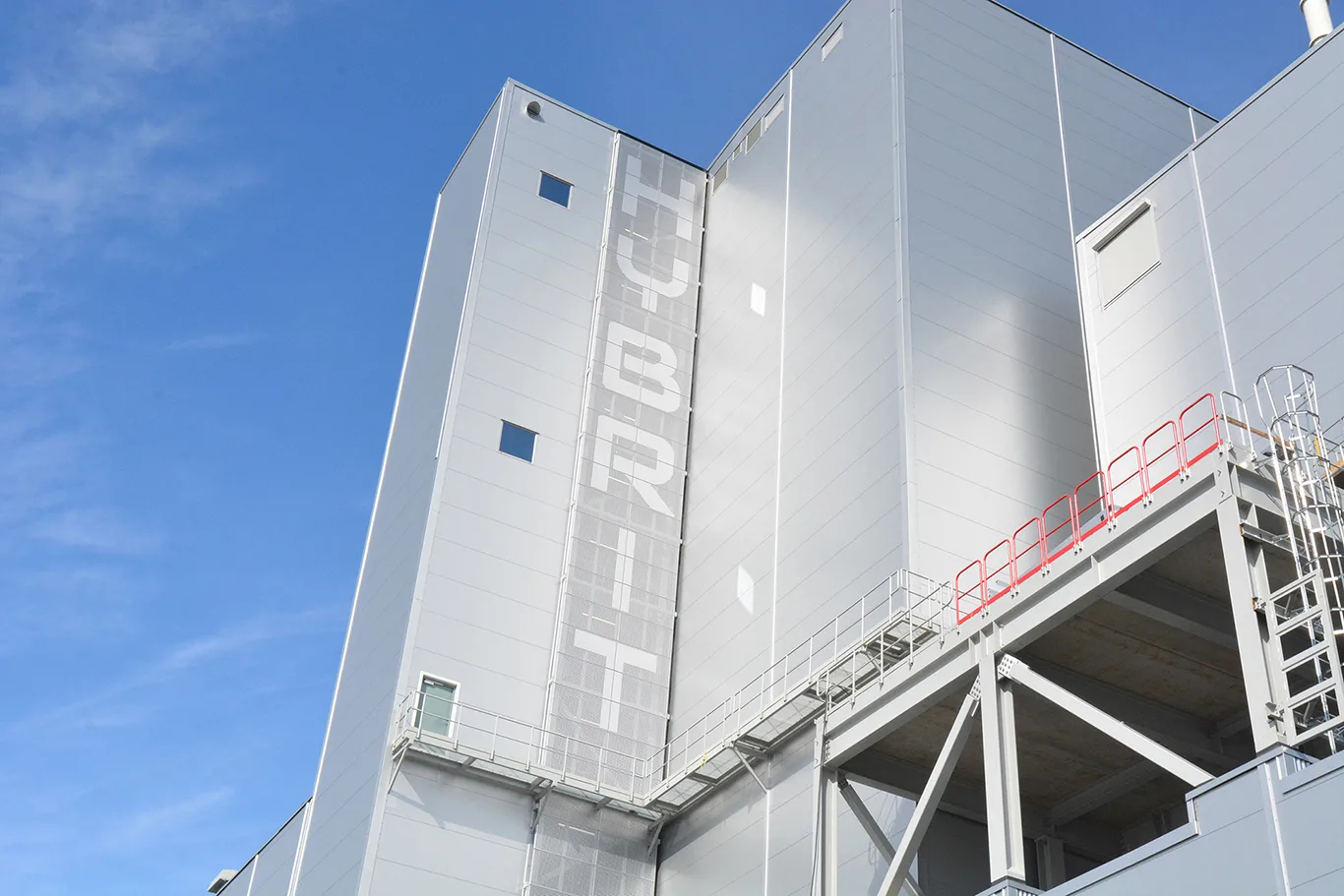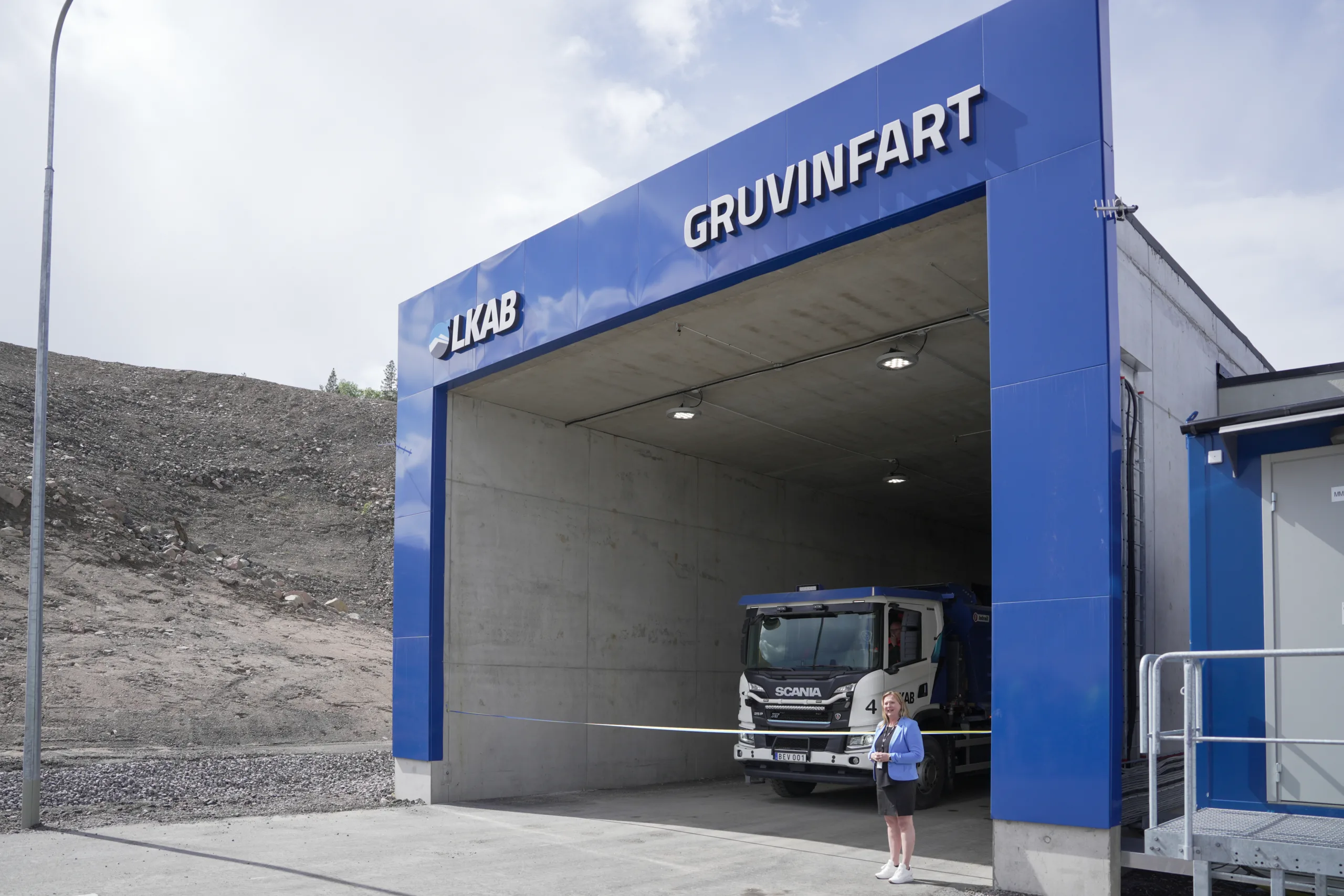Sustainability as a strategy in the new Iron Age

LKAB is embarking on the greatest transition in the company's 130-year history and what is perhaps the biggest-ever investment in Swedish industry. And sights are set high. By setting a new world standard for sustainable mining, producing carbon-dioxide-free sponge iron and broadening the business with extraction of critical minerals, LKAB aims to make its products and processes CO2-free by 2045.
“We are leading the transition of the iron and steel industry, and this is the greatest thing we can do together for the climate. At the same time, it will secure our competitive advantage over the long term. It’s not about setting a strategy for sustainability; this has to do with our entire business. Sustainability must be seen as an integrated part of corporate strategy – today, more than ever,” says Roger Karlsson, Technical Manager Business Area Iron Ore, LKAB.
LKAB’s shift to carbon-free production is expected to contribute to a reduction in global emissions of about 35 million tonnes of carbon dioxide annually, which corresponds to two-thirds of Sweden’s total emissions. By supplying the steel industry with CO2-free iron, the company creates more value for customers, which gives LKAB prerequisites to more than double its sales.
“Ultimately, the impetus for this change comes from you, me and all of society. This comes at just the right time. The market and the world are ready for a green transition and we have the technical prerequisites for realizing it. For us, as a company, it’s a matter of assuming long-term responsibility and being a good company. In equal measure, it has to do with our business. The green shift is being driven quickly forward and will be the dominating factor in the future,” reasons Anna Lidbom, Head of Sustainability, LKAB.
Partnership and innovations for a leap forward in green technology
Leading into the future, automation, electrification, digitalization, new working methods and circular operation will give LKAB the opportunity, and the means, to take a leap forward in the value chain. For many years, the company has been researching and developing new, climate-smart technologies and sustainable methods. Now, further important advances are being made. Initially, processes that are currently dependent on fossil fuels will be driven by energy from renewable sources and, subsequently, the transition will be made to fossil-free electricity.
With HYBRIT, a research and development initiative that is being pursued in collaboration with SSAB and Vattenfall, new methods for producing steel with hydrogen instead of coal are emerging, as are processes for producing sponge iron (DRI) for use in steelmaking for the global steel industry. Another groundbreaking initiative is the extraction of critical minerals from mine waste at the company’s own sites; minerals that are in demand in the agriculture sector and are essential for a future leap forward in green technology.
“The mining and minerals industry has a two-fold opportunity to contribute to meeting the global climate targets. This will mean supplying society with the minerals and metals that are key ingredients in future agriculture, electric vehicles, batteries, and wind and solar farms, and reducing the industry’s own impact on the climate,” explains Anna Lidbom.
A joint effort is needed
To be more sustainable, LKAB also works on an ongoing basis with everything from improvements in resource efficiency and land use to issues surrounding landfilling and water discharge. Among other things, the company recovers and recycles hot air from its operations, and 75 percent of all water from its processes.
Both Anna and Roger are quick to emphasize that the transition and the journey towards freedom from fossil fuel cannot be accomplished by LKAB on its own. Politicians, public administrations and collaborative partners also have to start to think new, think big and roll up their sleeves. Electricity supply and power infrastructure must be developed, and permitting processes have to be streamlined if the industry, and Sweden, are to meet the climate targets.
“Step by step, we are moving towards a circular carbon-dioxide-free operation. Fundamentally, it is a matter of transforming a thousand-year-old technology. An undertaking on this scale really demands an effort on the part of all of society. Partnership and collaboration are fundamental for achieving this. It is pleasing to note that many people want to join us on the journey towards the ‘New Iron Age’, which gives us a very good reason to believe in it,” concludes Roger Karlsson.




